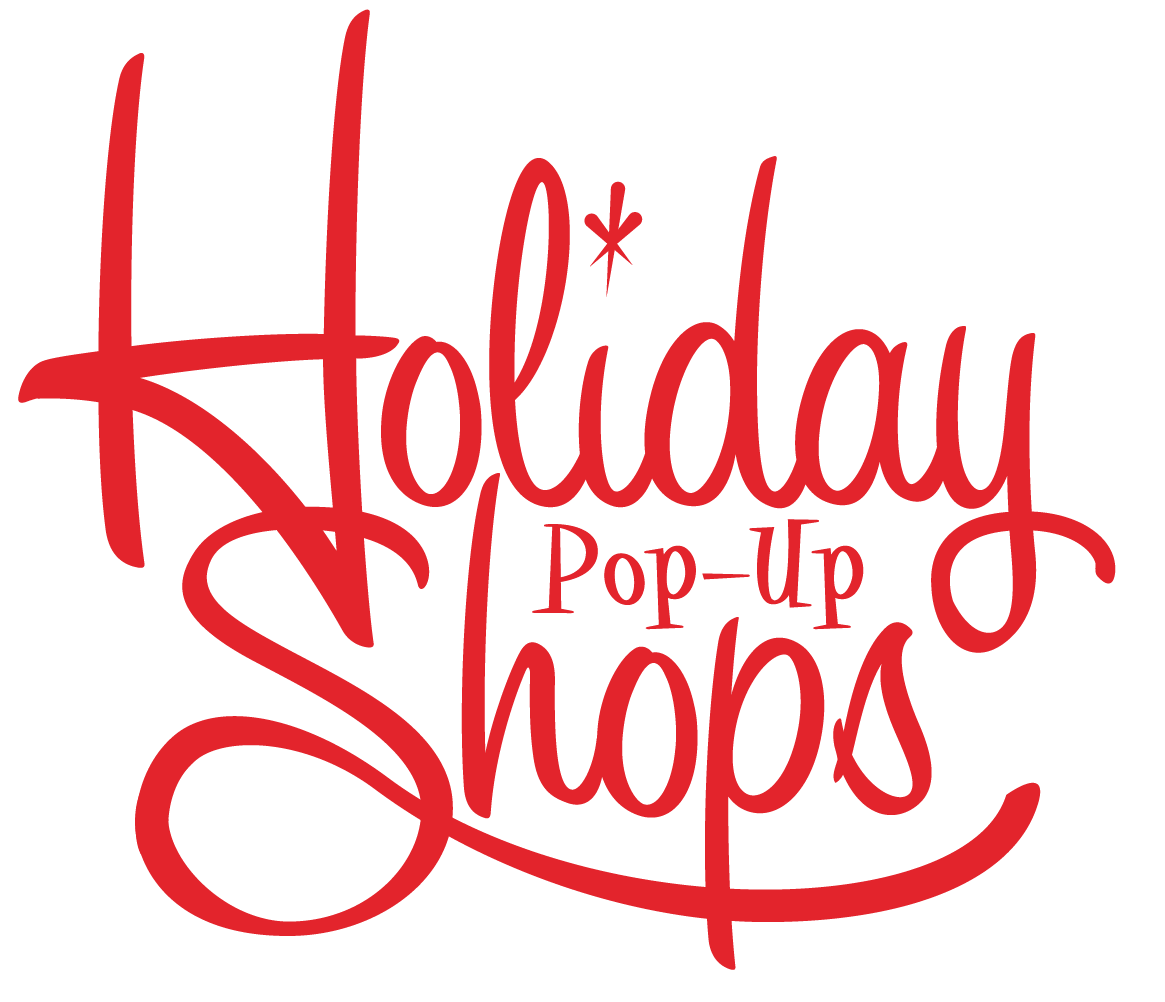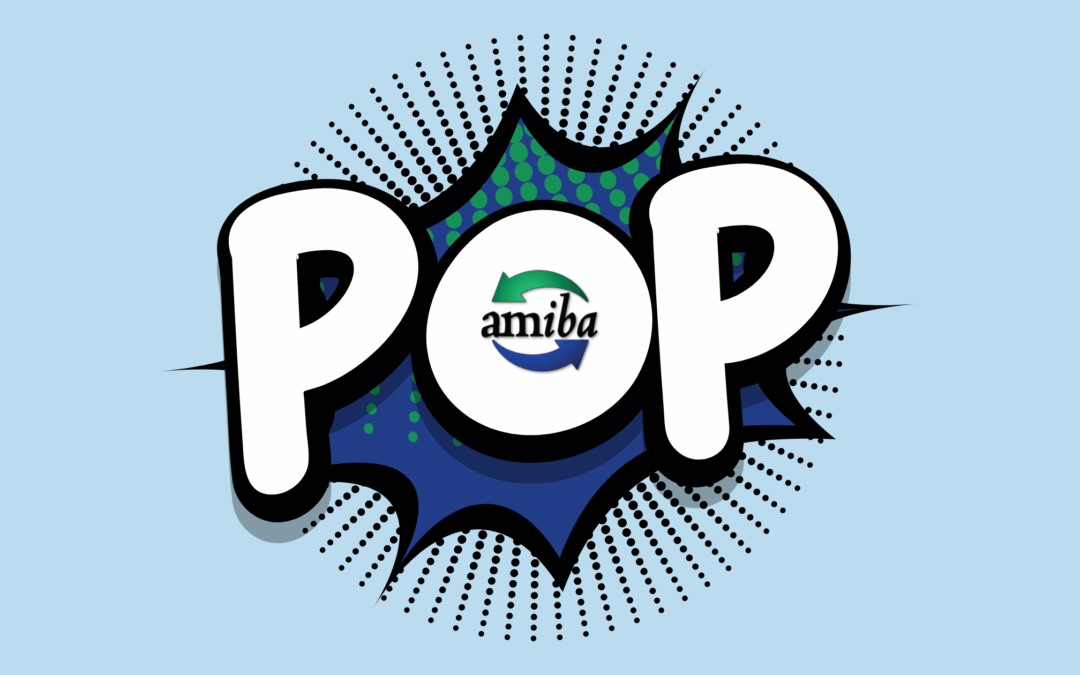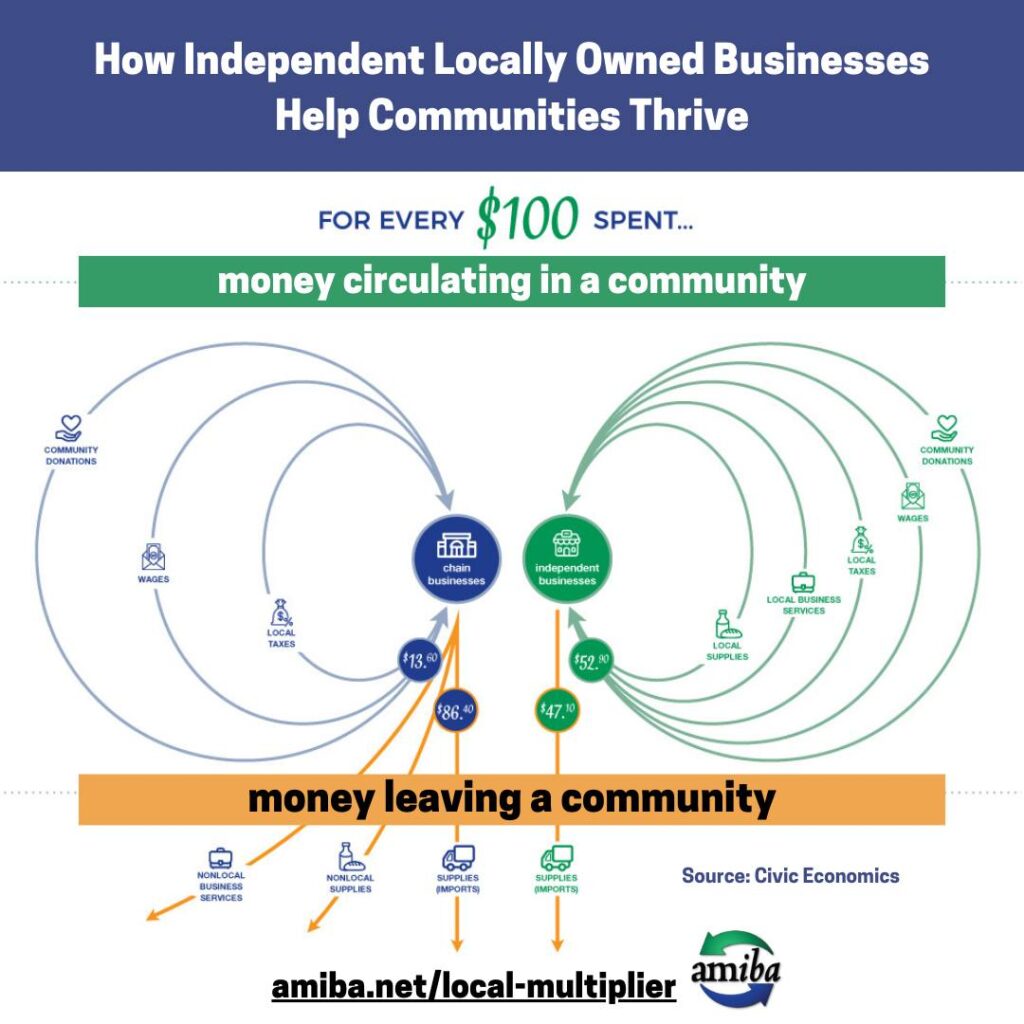Whether a pop-up shop, pop-up event, or pop-up planning process, the Pop-Up Economy means that whatever pops up is temporary. This temporary status makes pop-ups less risky than setting up something permanent and typically requires less investment of time and money.
“The pop-up provides business owners the opportunity to test a new product, concept, brand, or market before making any long-term investments,” notes the Delaware Valley Regional Planning Commission’s brochure on the Pop-Up Economy. “The owners of vacant properties can also economically benefit from the Pop-Up Economy. Traditional leases are long-term; when viable tenants cannot be found, the extended vacancies that result can be a financial burden to landlords.”
Check out these Pop-Up Economy examples for inspiration, and tell us about your own pop-up efforts.
Holiday Pop-Up Shops
 Each December since 2012, an empty corner in Oklahoma City transforms into an outdoor shopping destination called The Holiday Pop-Up Shops. This pop-up generated over $900,000 in sales for participating shops last year and raised significant funds for its organizer, the Independent Shopkeepers Association.
Each December since 2012, an empty corner in Oklahoma City transforms into an outdoor shopping destination called The Holiday Pop-Up Shops. This pop-up generated over $900,000 in sales for participating shops last year and raised significant funds for its organizer, the Independent Shopkeepers Association.
Imagine cozy igloo dome tents chock full of unique products from locally owned businesses, a Christmas tree at the center of this festive scene, plus other decorations and temporary structures to host shopkeepers and attract and delight residents and visitors alike.
“The Holiday Pop-Ups aren’t just about supporting local shops; they’re also about connecting our community through placemaking,” shared the Independent Shopkeepers Association. “We encourage customers to find new shops during the Pop-Ups and support those shops at their brick-and-mortar locations the rest of the year.”
Muskegon’s Western Market
In 2017, the city of Muskegon built twelve small “chalets” on an empty lot and called it Western Market (in reference to their nearby farmers’ market). Each chalet costs about $5,000 to build, and the city rents them to businesses for the season, from May through October.
Last season’s businesses included a vinyl shop, a toy store, and fifteen other retailers and food providers. While the initial funding for these structures came from donations from the local chamber of commerce, a community foundation, and other area organizations, the success of Western Market (demonstrated by a waiting list of 25 businesses) convinced the city to use municipal funds to build five more chalets in 2018, locating them at different downtown locations.
In addition to helping new businesses get a start, existing businesses from nearby communities used the chalets to grow their customer base. The success of the Western Market motivated several downtown landlords to build smaller retail spaces on their first floors to accommodate these growing businesses.
“We’ve taken very small spaces, like here at the Western Market, and much larger areas, like the farmers market, and turned them into vibrant places that draw people from miles around and provide an economic boost to our entire community,” said Muskegon Mayor Stephen Gawron.
Replay Lincoln Park
A vintage arcade bar in Chicago, Replay Lincoln Park, offers unique experiences by launching pop-up themes. Currently, the arcade bar hosts Stranger Christmas: A Hawkins Holiday. Past pop-up themes included The Office, Shrek’s Swamp, Moe’s Tavern, and many more.
“These pop-up shops are a celebration of pop culture and complement our core mission,” said Mark Kwia, the manager at Replay. “We’re a vintage arcade bar that celebrates an easier, more youthful time. Never grow up; it’s a trap!”
View this post on Instagram
Not sure how to start? Check out SaveYour.Town’s Pop-Up Business Fair Course.
Let’s get our places popping!


